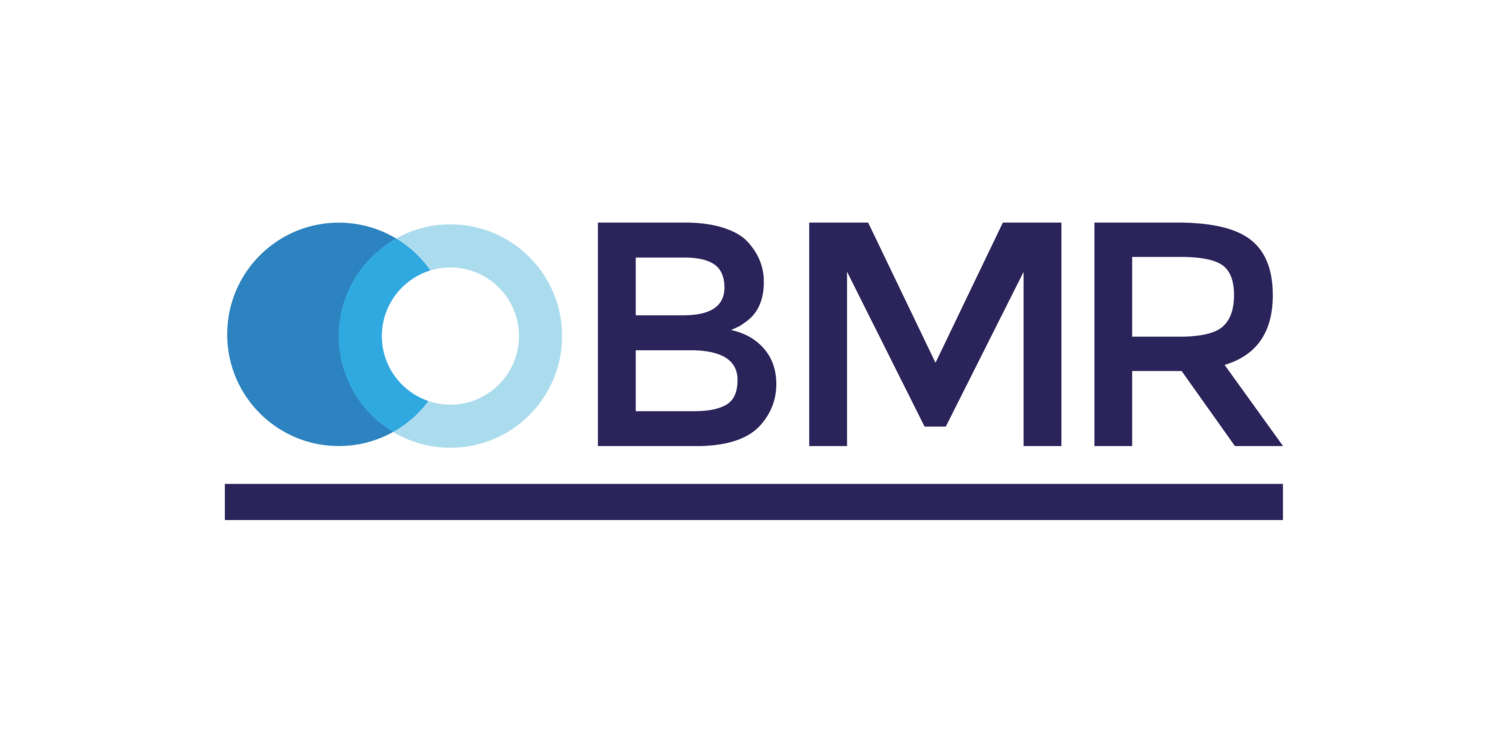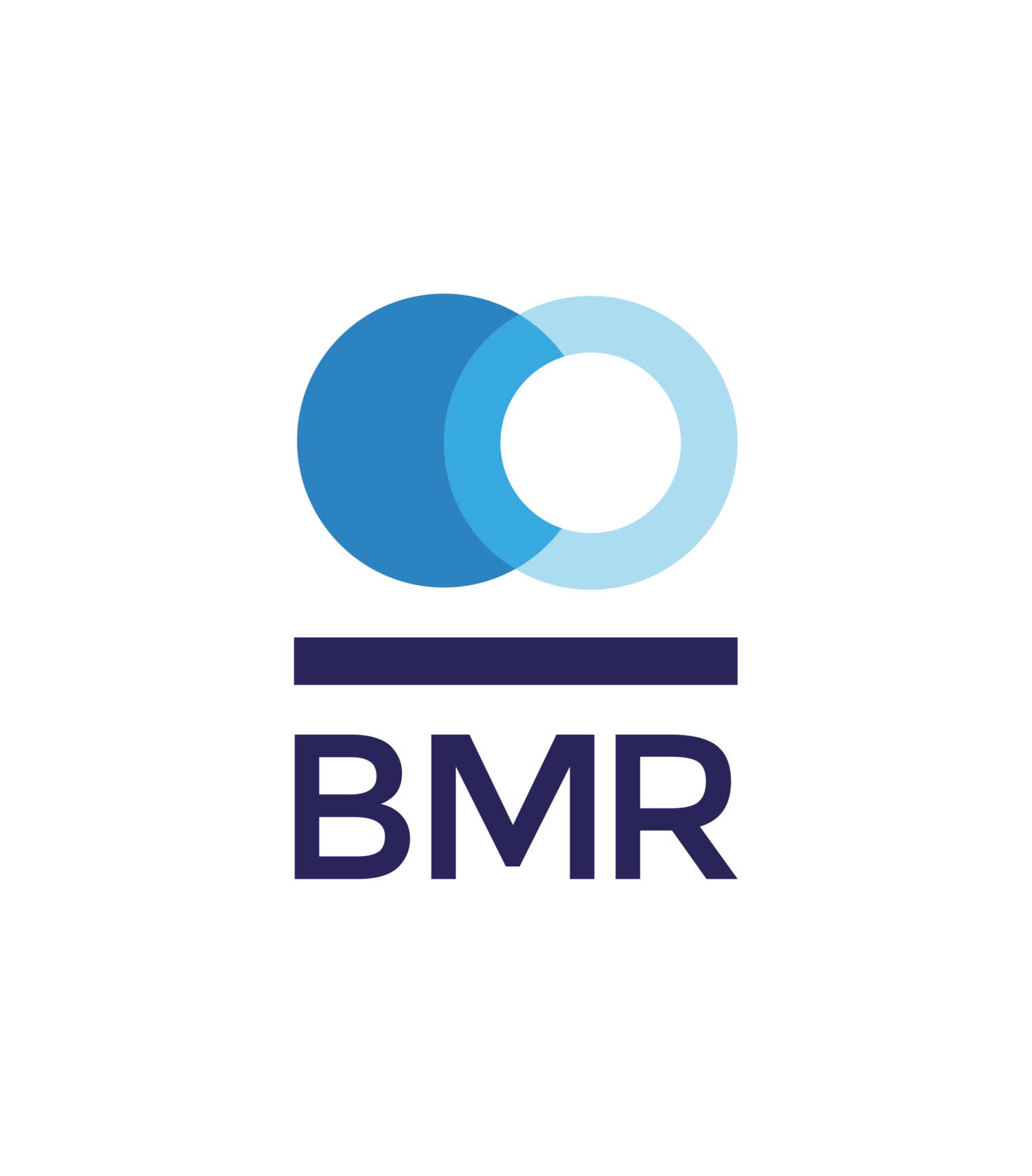Redefining Productivity, the Four-Day Working Week - with Yasmin Mackay and Kevin Belgrove
Episode 5 - Grant Instruments' 4-Day Working Week
Introduction:
In this episode, we delve into the innovative implementation of a four-day working week at Grant Instruments, a company known for producing scientific equipment. With insights from Kevin Belgrove, who manages the R&D team, and Yasmin McKay, who was instrumental in pushing for this change, we explore the motivations, challenges, and outcomes of transitioning to a shorter work week.
Key Topics Discussed:
Background of Grant Instruments: Kevin outlines the company's core activities in manufacturing and design, highlighting initial concerns about how a reduced working week could impact project timelines and R&D productivity.
Genesis of the Four-Day Work Week: Yasmin shares the initial considerations and motivations behind the idea, including the struggle to attract engineering talent in a competitive market and the desire to become an employer of choice through enhanced workplace flexibility.
Implementation Process: The discussion covers the comprehensive planning and trial phases, addressing initial skepticism and logistical challenges, such as maintaining customer service and managing operational aspects like energy usage and delivery schedules.
Benefits and Outcomes: Both guests highlight the positive impacts of the four-day week on employee well-being, productivity, and the company's environmental goals. They note improvements in staff retention, recruitment appeal, and a reduction in sickness absence.
Challenges and Adaptations: While the transition has been largely successful, Kevin and Yasmin discuss the need for careful management of workloads to prevent burnout, and ensuring the company culture adapts to maximize the benefits of the new schedule.
Future Outlook: The episode concludes with reflections on the broader implications of the four-day week for the future of work, including potential shifts in industry standards and the importance of flexibility and trust within the workplace.
Conclusion: Grant Instruments' experience with a four-day working week illustrates the potential for significant benefits across productivity, employee satisfaction, and environmental impact. However, success depends on thoughtful implementation, open communication, and a willingness to adapt to emerging challenges.
Genesis of the Four-Day Work Week:
(2:51) Yasmin initiates the conversation about the four-day working week, driven by recruitment challenges.
(4:00) Discussion on workplace flexibility as a key factor in employee job selection, supported by CIPD and McKinsey studies.
Implementation Process:
(6:01) The leadership team's approach to weighing the pros and cons and setting up a trial.
(7:26) Strategies for maintaining customer service and operational adjustments to accommodate the new schedule.
Benefits and Outcomes:
(9:04) Positive feedback from the trial period and official adoption of the four-day week.
(9:13) Notable improvements in KPIs, employee well-being, and productivity without compromising business performance.
Challenges and Adaptations:
(10:55) Addressing potential concerns and adjustments for employees not initially on board with the change.
(19:37) Lessons learned and the importance of thorough preparation and flexibility in implementation.
Future Outlook:
(24:46) Impact on recruitment and talent retention, with Grant Instruments becoming more attractive to potential employees.
(26:58) Reflections on the financial and non-financial benefits of the four-day working week from a business perspective.
Conclusion:
(29:12) Final thoughts on the success of the four-day working week at Grant Instruments, highlighting the importance of adaptability, employee well-being, and the positive ripple effects on recruitment, retention, and corporate environmental goals.
Listeners are encouraged to reflect on how the insights from Grant Instruments might apply to their own workplace environments and the evolving landscape of work-life balance.

